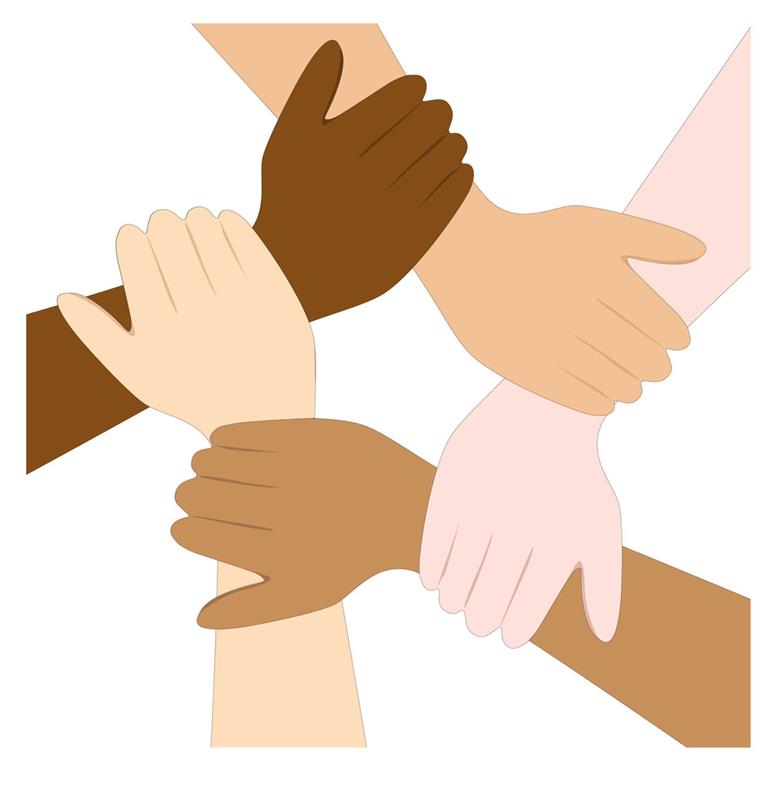
Widespread protests against racial injustice forced many businesses and organizations last summer to realize they must do more to improve workplace diversity and inclusion. And many employers are now looking for diversity officers to lead that change. In fact, hiring for such positions increased more than 90% since 2019, LinkedIn reported.
Most people working in the diversity space have a social movement commitment, said Miriam Bartha, director of graduate programs in the University of Washington’s School of Interdisciplinary Arts & Sciences. One of the places where students learn to be effective change agents, she said, is the Master of Arts in Cultural Studies program.
“What’s strong about the Cultural Studies preparation is that it understands this is long term social and cultural change — changing the way people work and do things,” Bartha said. “The curriculum of the Cultural Studies program thinks about the dynamics of organizational change as well as community accountability and helps people know that ground.”
Rising justice activists
The master’s program combines analysis of structures, power and privilege. It trains collaborative skills in bringing people together. And, it has an emphasis on self-reflection, “which I think is necessary to work with people to change the culture of their organization,” Bartha said.
Exemplifying UW Bothell’s mission to connect the classroom with real life and to make an impact in the community, the Cultural Studies program graduates about 15 students a year.
Along with the position of diversity officer, Bartha said, MACS graduates carry out similar work as artists, educators and activists:
- Paul Johnson (MACS ’11) had been doing equity, access and inclusion work in human resources at corporations such as Starbucks and Microsoft before taking his current job as the first director of diversity, equity and inclusion at the Seattle Waldorf School, an independent pre-K-12 school. Johnson said he taps into skills he learned in the MACS program to examine systemic and structural power within institutions
- Priya Frank (MACS ’11), director of equity, diversity and inclusion at Seattle Art Museum, has worked as a bridge to bring a new population to the museum and to change museum programs for wider participation. Frank said MACS refined her thinking about how the arts can connect to different communities and serve as a tool for change, resistance and resilience.
- David Ryder (MACS ’11), Seattle videographer and photographer, brings an equity and justice lens to the stories he tells through his work. One of the videos he has made for UW Bothell is about the MACS program.
- Alexandra Holien (MACS ’15) is the director of strategic partnerships, diversity and inclusion at ADA Developers Academy, a Seattle nonprofit that trains women for jobs in the tech industry. Holien said she believes she was brought on at Ada because of her background in cultural studies. She helped draft Ada’s diversity and inclusion curriculum.
- Ayva Thomas (Community Psychology ’17, MACS ’19) interned with the Northshore School District, which led to her job as assistant director of racial and educational justice. She said it was valuable to have the guidance of Dr. Susan Harewood, associate professor and a mentor of the same racial background. Thomas said that’s also her vision for mentoring Black students.
Coach, coax, push
As most master’s students have jobs, they’re already in place for advocacy in their community, Bartha said. Together with alumni, faculty and community partners, there’s a growing cultural studies network in the region.
While demand for diversity officers is high, social change is not an easy job, she added. Expectations are high, and employers may not always follow up with all the support and resources this work can require.
Big organizations are also often reluctant to change.
“You’re the one who has to call them into account when their values and practices aren’t matching up, or they’re not being responsive to a group they say they care about,” said Bartha. “That can be a hard position — to coach, coax and push. You have to know the right ways of making trouble.”



